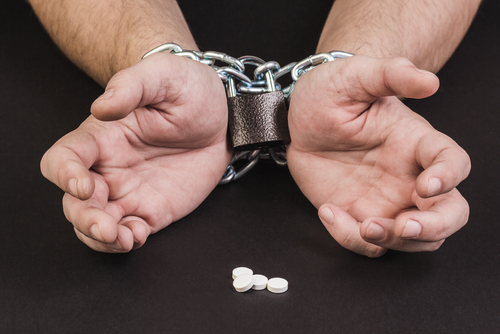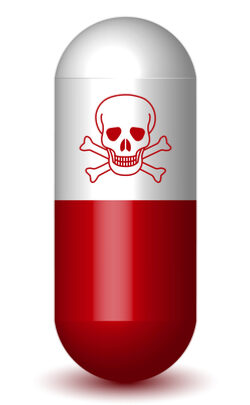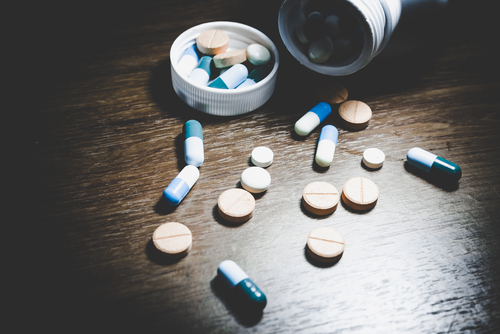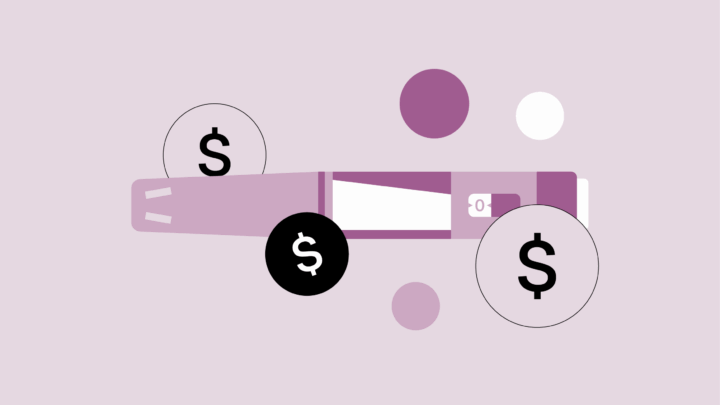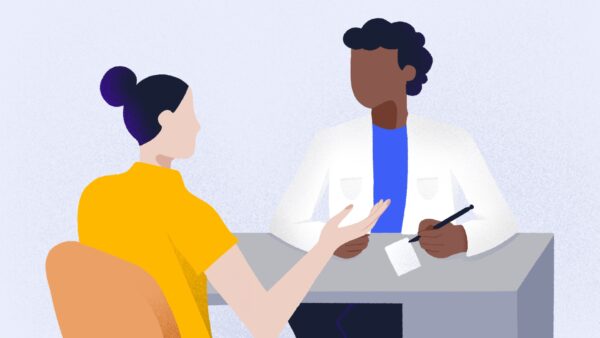
By Geoff Crain
The United States is in the midst of the worst drug addiction epidemic in American history. 2.6 million people suffer from an opioid use disorder that kills more than 140 people each day. The problem is so severe that President Trump declared it a public health emergency.
Many people point to doctors as the root cause of the problem. “How can they continue to prescribe a drug that causes so much chaos?” The fact of the matter is that doctors are stuck between a rock and a hard place. They have patients with chronic pain that need relief to function daily, and opioid based pain medications are the best treatment option for sufferers. There are very few alternative drugs that physicians can prescribe. 40% of doctors polled said they would not prescribe medical marijuana instead of opioids because there is not enough medical research conducted on it. Furthermore, doctors understand the severity of the epidemic. Approximately 50% of doctors have stopped prescribing opioid medication.
While prescription rates are declining, addiction rates are not. Therefore, the issue is not with the prescriptions but the addictive behavior of the patients. How can doctors help cure this behavior? Doctors can do their part to educate and recognize at-risk patients. If they have already succumbed to addiction, they need to promote treatment options to help address addictive behavior.
At-risk patients
Genetics and environmental factors make certain people more susceptible to drug addiction.
People whose parents suffered from addiction are 8x more likely to develop addiction compared to those whose parents did not. Environmental factors like high stress jobs, bad social circles and abusive families all raise the risk of addiction. (More risk factors can be found here.)
Many physicians will claim that they are not therapists/counselors and that it is not their job to analyze this. However, these are trying times and everyone needs to go beyond their regular duty to help solve the opioid epidemic. Physicians are authoritative figures. Patients respect and listen to them. If a physician understands their patient’s genetic history/environmental influences and decides not to prescribe opioid medication as a result, they are helping prevent addiction.
Educate the patient
If opioid medication is the only drug a doctor can prescribe for a patient’s condition, they need to make the patient aware of the associated risks. Educate them as much as possible. Let them know the warning signs of addiction, what the withdrawal symptoms will be like and that under no circumstances are they to take more than the set dosage.
Have a follow-up appointment set for the date the prescription is complete. At this time the doctor can provide medication for any withdrawal symptoms. They can also try to understand the patient’s mindset and if they are displaying drug-seeking behavior. If this is the case, they should suggest <>drug treatment options.
Treatment Options
Only 10% of people who suffer from substance abuse issues seek treatment. As Dr. vivek H. Murthy, Surgeon General of the US from 2014-2017, put it, “It’s time to change how we view addiction. Not as a moral failing but as a chronic illness that needs to be treated with skill, urgency and compassion.”
Addiction is a chronic disease of the brain, and treatment requires more than just medication or group talk therapy. To cure the disease there needs to be continual treatment that includes lifestyle modification. This should be conducted at a treatment facility with educated professionals in the field of recovery and rehabilitation.
Physicians should keep a list of vetted drug treatment centers to recommend to patients and their families. If more doctors recommend treatment facilities as opposed to medication there will be more people in treatment and fewer addicts on the street.
What else do you think can be done to help prevent addiction? How can the medical community do a better job in curtailing the opioid epidemic? Log into Sermo and let us know your thoughts.


